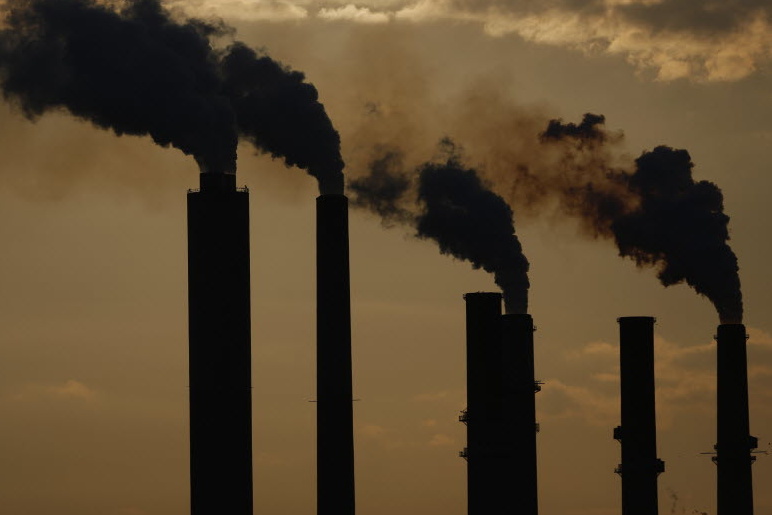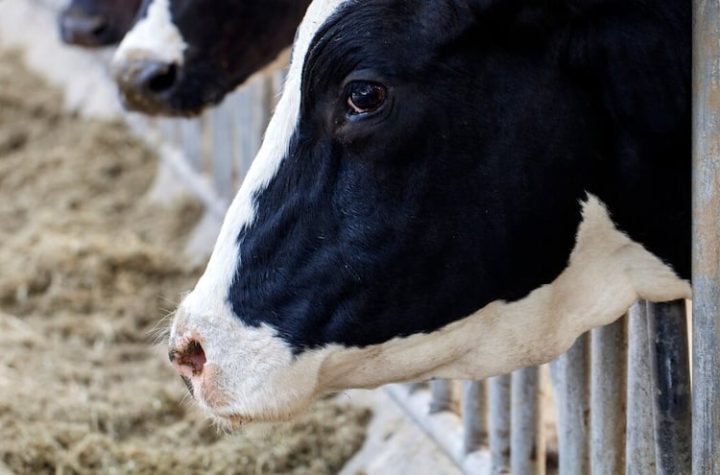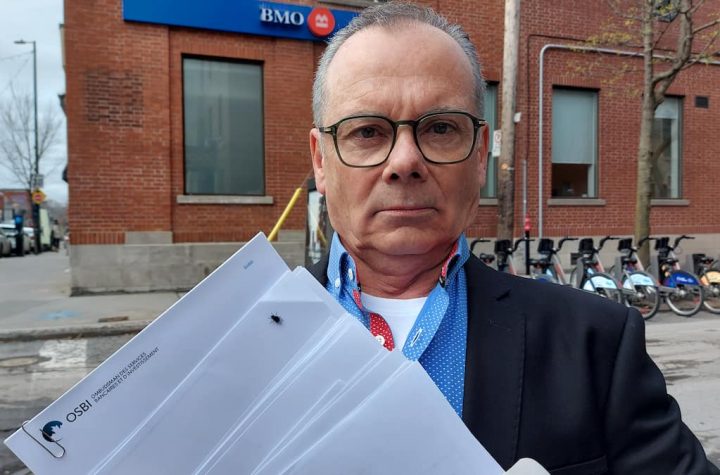
(Montreal) 125 of the richest billionaires on the planet emit the equivalent of annual carbon emissions (CO2France is a country with a population of 67 million.
Posted yesterday at 7:27 pm.
That’s one of Oxfam’s findings in a new report highlighting the environmental impact of the world’s biggest fortunes’ investments in 183 companies.
The focus is often on the efforts of governments and individuals in the face of the climate crisis, but rarely on the responsibility of companies and their billionaire investors, notes Léa Pelletier-Marcot, political analyst at Oxfam Quebec.
“We often make the average person feel guilty, we feel bad for a person because sometimes he takes his car instead of public transport. Whose influence is it if changing the way he invests or where he decides to put his money makes the biggest difference?”, she argued in an interview. .
Oxfam analyzed that money invested by billionaires contributed to 393 million tons of CO emissions.2 per annum. On average, this represents 3 million tons of CO per billionaire2A million times more tons than 90% of humanity produces individually, we read in the report.
“It would take nearly four million people going vegan to offset the emissions of each of these billionaires,” the research authors write.
Yes, we can see the lifestyle of these wealthy people, talking about private jets, yachts, multiple properties, yet their investments account for 50% to 70% of their carbon footprint.
Lee Pelletier-Marcot
A total of 125 billionaires own nearly $2.4 trillion in nearly 180 companies. About 15% of this money is concentrated in polluting industries such as fossil fuels and cement, but these sectors represent 7% of the companies in the S&P 500 stock index.
The rest mainly belong to non-essential products, essential goods and the financial sector.
In the sample, only one billionaire invested in a renewable energy company, which triggered a study based exclusively on data from Bloomberg Group and the companies’ disclosures on their greenhouse gas emissions. (GES).
“If the billionaires in our sample switched their investments to a fund that tracks just the S&P 500 index, for example, their emissions intensity would be cut in half. If they were placed in a low-carbon equity fund, it would cut emissions by four,” Oxfam said.
Shaping the economy of tomorrow
The report was released as the UN Climate Change Conference, COP27 began in Egypt. Heads of state and government are meeting to implement the pledges made under the Paris Agreement to limit the rise in global temperatures to 1.5 degrees Celsius.
Without the cooperation of billionaire investors, it will be difficult to achieve the goals of the Paris Agreement. They have the power to shape tomorrow’s economy by choosing low carbon activities, Mme Pelletier-Marcot.
“Investment in dirty infrastructure will lock us into a cycle of emissions for the next few years,” the analyst said.
Oxfam recommends cutting investment in polluting industries to encourage the world’s wealthiest to be more environmentally responsible.
But to achieve this, state intervention is also essential, agrees Mme Pelletier-Marcot. In its report, Oxfam called on governments to push for better regulation that would force companies to change governance, favoring prosperity and sustainability before profits.
The International Cooperation Organization is also calling for the introduction of a wealth tax on the wealthy and an additional tax on wealth invested in polluting industries.
“The money raised will contribute to ensuring better climate justice. Ensure that countries that contribute least to the impacts of the climate crisis are more assisted and resilient,” noted Ms.me Pelletier-Marcot.
Oxfam wants companies to be more transparent about their emissions and their efforts to reduce their environmental impact.
The firm also said its study underestimates the extent of emissions associated with billionaires’ investments due to unavailable data. For example, many companies do not report the indirect “Scope 3” emissions of the GHG Protocol.
These arise from, among other things, the company’s supply chains, employee travel and consumer consumption of the goods it sells. However, this category is the main source of emissions for most companies, says Oxfam.
The other two categories correspond to emissions produced directly by the company’s operations and those produced indirectly by the use of purchased energy.
Oxfam wants companies to make it mandatory to disclose this information.







